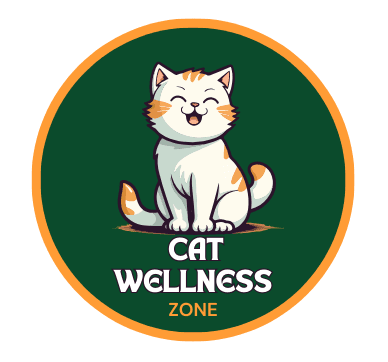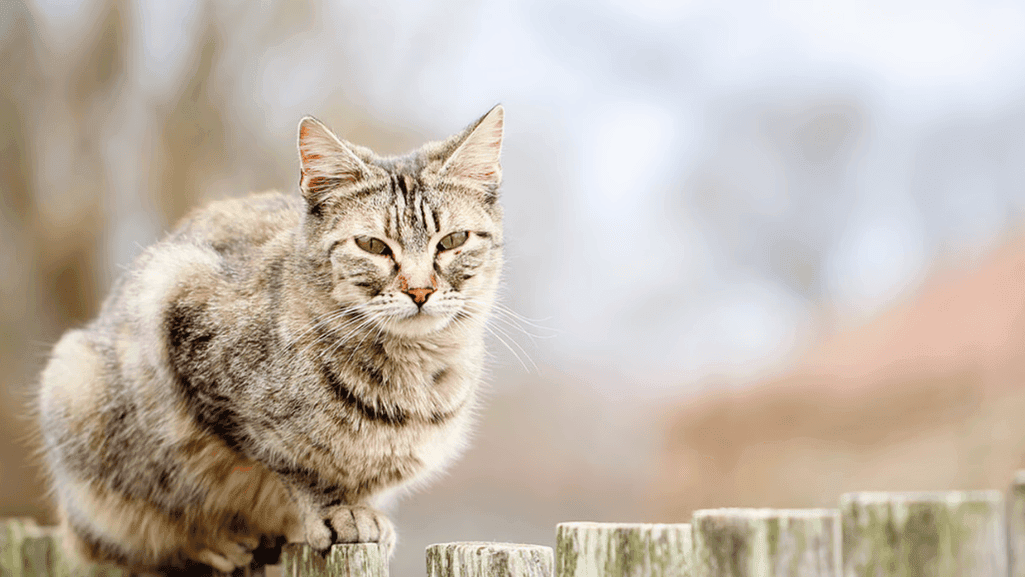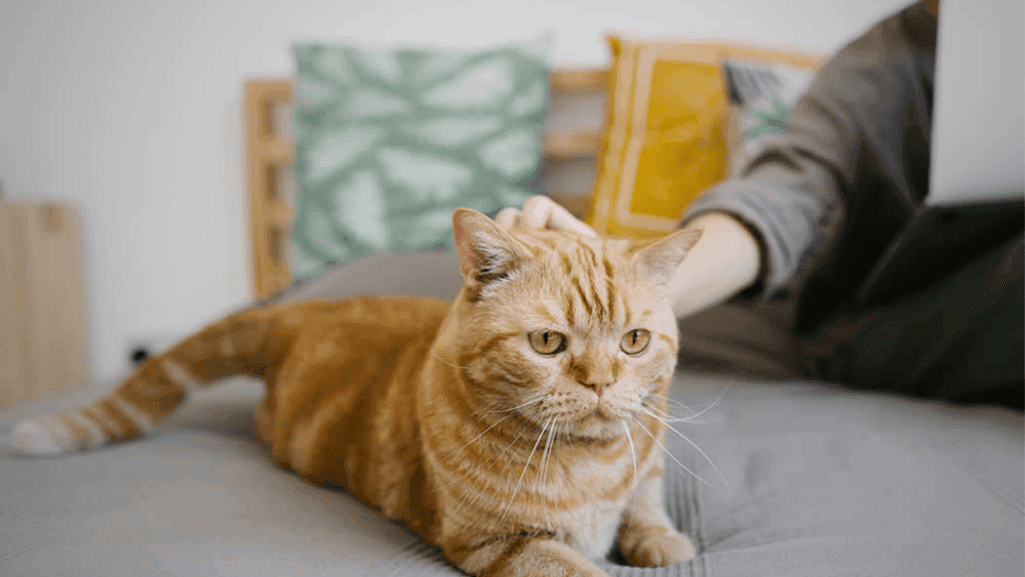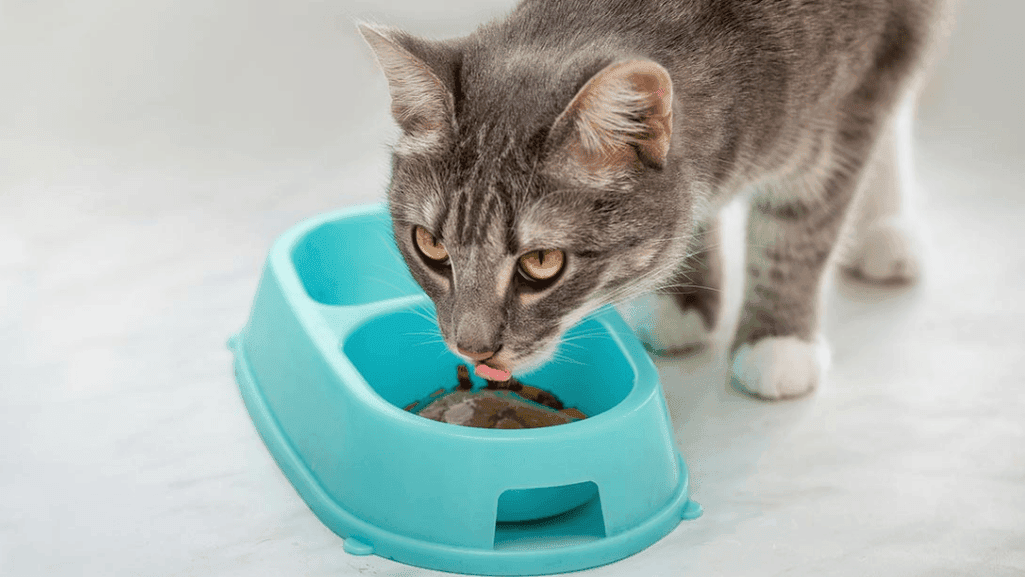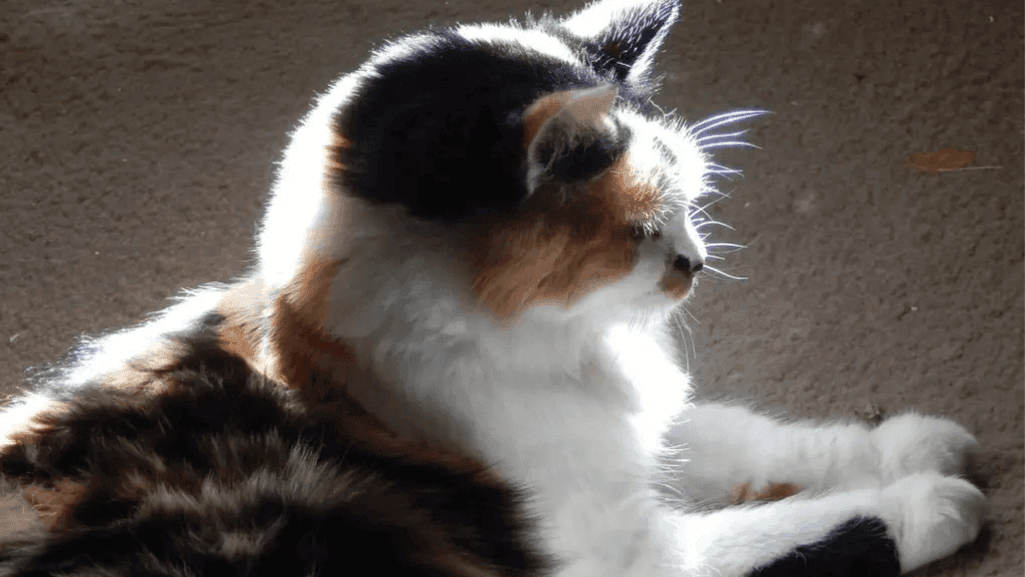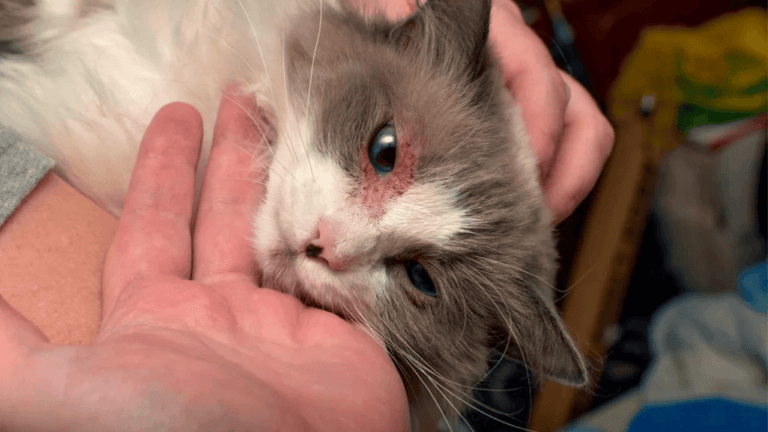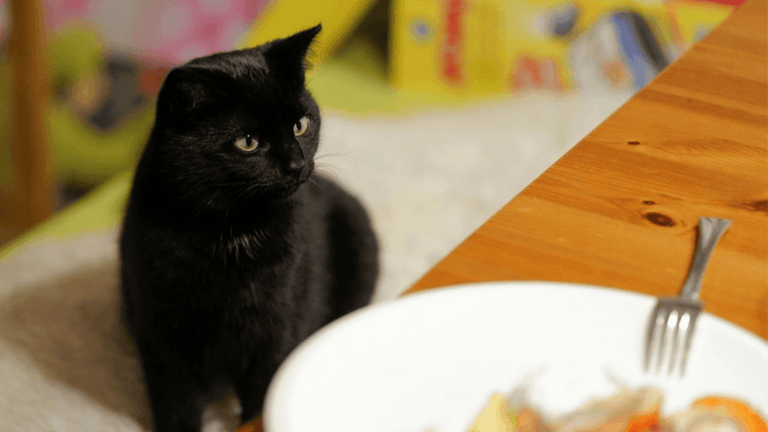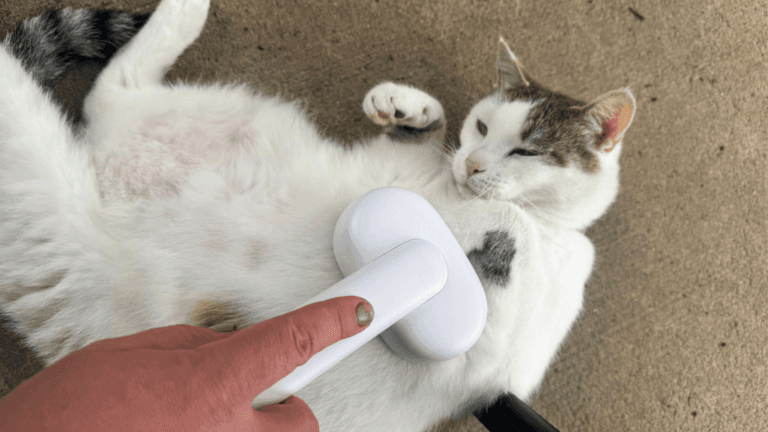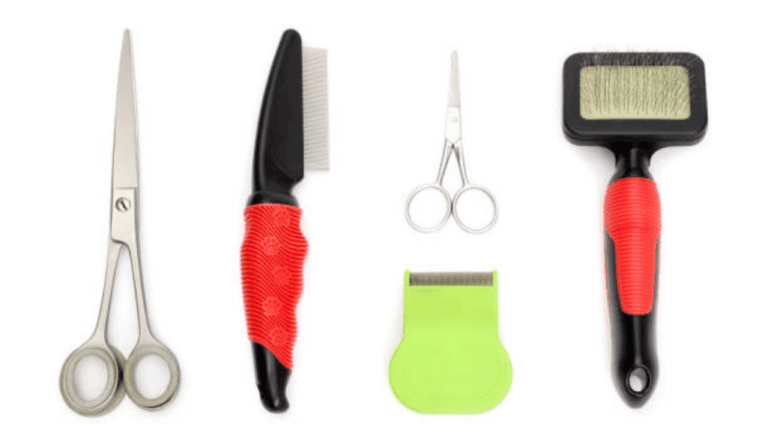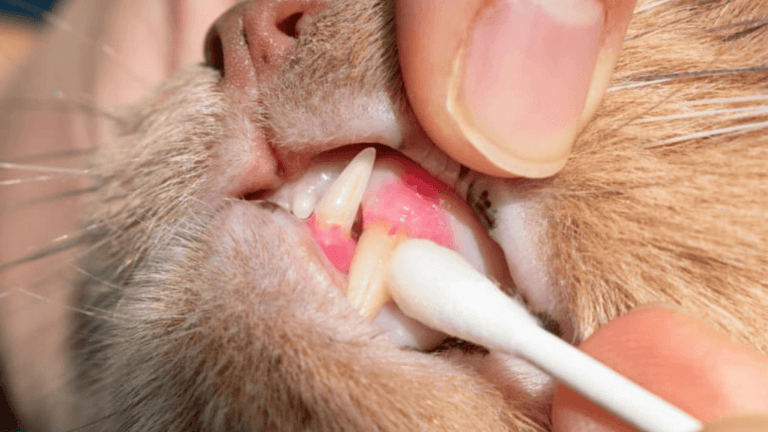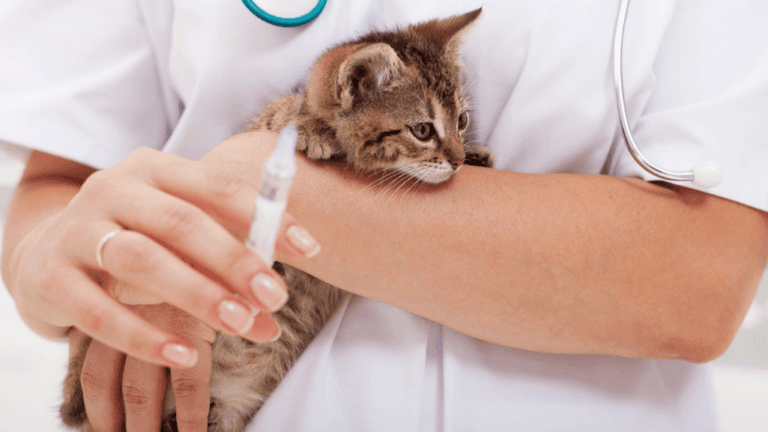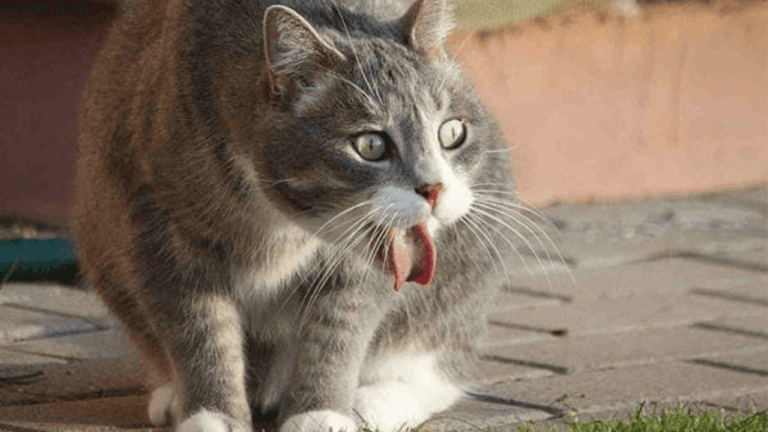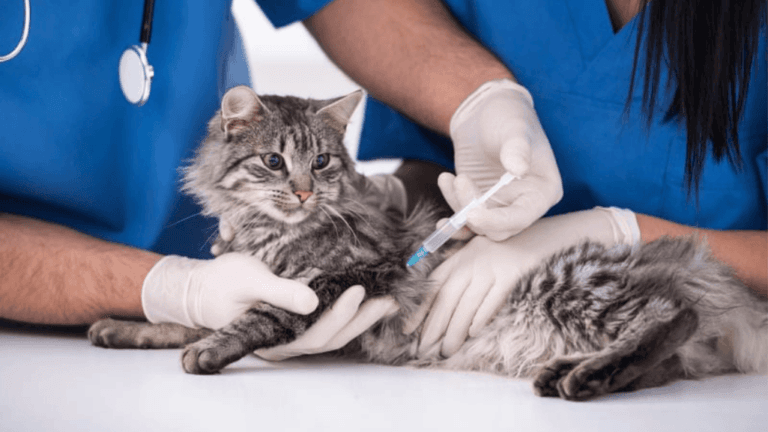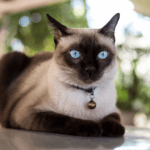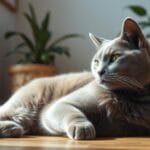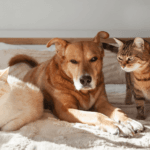As cats get older, they often eat less. Senior cat appetite loss can be due to many reasons. This includes dental issues, chronic diseases, and changes in their environment. If your elderly cat is not eating, it’s important to act fast to avoid serious health problems.
It’s key to watch your aging cat’s diet and know about appetite issues in older cats. If your old cat hasn’t eaten for 12-24 hours, you should get vet advice. This helps to find any health problems and get your cat eating again.
Key Takeaways
- Decreased appetite is common in cats reaching their golden years
- Significant medical issues need to be ruled out by a vet if an elderly cat is not eating
- Environmental changes can contribute to stress and decreased appetite in cats
- Warming up food and giving tempting treats can help stimulate a cat’s appetite
- Waiting too long to address a cat not eating increases the risk of dehydration and complications
Understanding Appetite Loss in Senior Cats
As cats get older, they might eat less, leading to weight loss and health issues. Senior cats, those over 11 years old, need extra care with their food to stay healthy.
Common Causes of Decreased Appetite in Older Cats
Several factors can cause an elderly cat’s lack of appetite, including:
- Dental issues and gum disease
- Gastrointestinal problems
- Upper respiratory infections
- Chronic diseases such as kidney failure or hyperthyroidism
- Stress, anxiety, and environmental changes
These health issues can make eating hard or unappealing for senior cats. This leads to less food intake. It’s key to talk to your vet to find the right treatment.
Signs Your Senior Cat is Not Eating Enough
It’s important to watch your aging cat’s eating habits closely. Look out for signs like:
- Noticeable weight loss
- Lethargy and decreased activity levels
- Hiding or withdrawal from social interaction
- Changes in grooming habits, such as unkempt or matted fur
An elderly cat should be eating roughly 25 to 35 calories per pound to maintain body weight.
If you see these signs or a big drop in food intake, talk to your vet. They can help find the cause and help your cat eat more and stay healthy.
Health Issues That Can Affect a Senior Cat’s Appetite
As cats get older, they face more health problems that can affect their appetite. Knowing about these senior cat health issues is key for good geriatric cat care. Spotting the signs early and getting vet help can keep your senior cat happy and healthy.
Dental Problems and Gum Disease
Dental disease in old cats is a big problem that makes eating hard. Issues like tooth resorption and gum disease can hurt. Cats with mild dental problems might do better with wet food to help them eat and stay nourished.
Chronic Kidney Disease and Its Impact on Appetite
Older cats often get chronic kidney disease, which can make them lose their appetite. As their kidneys fail, they may feel sick and not want to eat. Giving them small amounts of fresh, tasty food can help them eat more.
Hyperthyroidism and Its Effect on Eating Habits
Hyperthyroidism makes a cat’s metabolism too high, leading to weight loss. At first, they might eat more, but later they’ll eat less. Regular vet visits and blood tests can catch this early, helping manage it.
Cats may refuse to eat for more than 48 hours (or 24 hours in the case of kittens or elderly cats), which can lead to dangerous complications like Hepatic lipidosis.
Knowing about health issues that affect a senior cat’s appetite helps owners care for them better. Regular vet visits, special diets, and watching their eating habits are vital for senior cats’ health.
Environmental Factors Influencing a Senior Cat’s Eating Habits
As cats get older, their eating habits can change due to environmental factors. Stress impact on cat appetite and anxiety in older cats can happen. Environmental changes affecting eating can come from small changes in their life. This includes changes in routine, new pets or family members, or moving to a new home.
Cats like their routine and can get stressed by changes. This stress can make them eat less. If a cat doesn’t eat for three to four days, it could be a sign of a serious health issue.
Another reason for senior cat food aversion is negative associations with certain foods. If a cat gets sick while eating a food, they might not want to eat it again. This is true even if they’ve recovered from the sickness.
To reduce stress and anxiety in older cats, keep their routine consistent. Try to avoid big changes in their environment. Slow introductions to new pets or family members and a quiet eating area can help.
Importance of Regular Veterinary Check-ups for Senior Cats
As cats get older, their health needs change. Regular senior cat vet visits are key to keeping them healthy. Cats are now considered seniors at 12 to 14 years old, thanks to better food and vet care.
Vets can now see cats in their twenties, thanks to better health care. Routine vet visits can prevent health problems and save money. A yearly check-up is good for healthy senior cats, but experts say six-month visits are better for geriatric cats.
Diagnostic Tests to Identify Underlying Health Issues
Diagnostic tests for old cats help find health problems that might cause appetite loss. Signs that a senior cat needs a vet visit include changes in eating or drinking, weight changes, less activity, litter box issues, and odd grooming.
Your vet may do blood work, urinalysis, and imaging during these visits. These tests help check your cat’s health and find any issues early. Catching problems like arthritis, kidney disease, and hyperthyroidism early can help manage your cat’s health.
Tailoring Treatment Plans for Senior Cats with Appetite Loss
After finding the cause of your senior cat’s appetite loss, your vet can create a customized senior cat care plan. This might include medicines, diet changes, and appetite stimulants to help your cat eat well and stay healthy.
Treating appetite loss in elderly cats also means managing other health issues. Older cats may have trouble controlling their bladder and bowels and are more likely to have arthritis. Kidney function often gets worse with age, so it’s important to keep water clean for them.
“Preventive care such as vaccinations, parasite prevention, and dental exams are vital for a cat’s health.”
By following your vet’s advice and treatment plan, you can help your senior cat live a happy life. This way, they can enjoy their golden years fully.
Strategies to Encourage Your Old Cat to Eat
As cats get older, they might eat less. This can worry pet owners. Luckily, there are ways to make your old cat want to eat again. By knowing what senior cats like to eat and making mealtime calm, you can help your pet stay healthy.
Offering Warm, Aromatic Foods to Stimulate Appetite
Warming up your cat’s food can make it smell better. Cats love strong smells, and warm food is very appealing. Try warming wet food in the microwave or adding warm water to dry food to make it smell good.
Experimenting with Different Food Textures and Flavors
Cats, like people, have their own food likes and dislikes. If your cat doesn’t want to eat, try new foods. Some cats like soft food, while others prefer strong tastes like fish or chicken. Give your cat different, healthy foods to see what they like best.
Cats are individuals with their own preferences, so it’s important to be patient and persistent when trying new foods.
Creating a Stress-Free Eating Environment
Stress can make it hard for senior cats to eat. Make a quiet, calm place for your cat to eat. Put their bowls in a quiet spot, away from busy areas and other pets. Use wide, shallow bowls that are easy for your cat to use without straining.
Every cat is different, so what works for one might not work for another. Keep trying to get your cat to eat. If your cat’s appetite doesn’t come back or if they lose weight, see a vet. They can check for health problems and help with food choices.
Dietary Considerations for Senior Cats with Appetite Loss
As cats get older, their diet needs change. It’s key to feed them well to keep them healthy. Senior cat nutrition is vital when they lose their appetite. This helps them stay at a healthy weight and avoid health problems. Choose nutrient-dense cat food that’s easy to digest and has the right amount of calories.
Choosing High-Quality, Nutrient-Dense Foods
Older cats need food that’s easy to digest. They should get quality protein and fats for calories. About 33% of senior cats have trouble digesting fats, and 20% struggle with protein.
Look for nutrient-dense cat food made for senior cats. It should have the right amount of nutrients in smaller portions. This makes it easier for them to eat, even if they don’t feel like it.
Senior cat diets often have special ingredients. These include vitamins and minerals for their brain and memory. Omega-3 fatty acids help their joints, and herbs support their health. These extras can help your senior cat feel better and might even make them want to eat more.
Supplementing with Appetite Stimulants and Nutritional Supplements
Vets might suggest appetite stimulants for cats like mirtazapine or cyproheptadine. These can help your senior cat eat more and stay at a healthy weight. They’re useful when there are health problems.
Nutritional supplements for older cats like omega-3 fatty acids, probiotics, and antioxidants are also helpful. They support your cat’s health and might make them hungrier. Always talk to your vet before adding supplements to your cat’s diet.
“Regular health check-ups with a vet are recommended for monitoring senior cat health and checking for dental issues that may affect appetite.” – Dr. Jane Smith, DVM
When your senior cat loses their appetite, work with your vet to find the right food. A good diet and supplements can help keep them healthy, even when they don’t feel like eating.
Old Cat Not Eating: When to Seek Veterinary Intervention
As your cat gets older, watch for changes in their eating. Senior cats, over 7 years old, face more health issues. If your cat stops eating, look for signs of rapid weight loss and malnutrition. Know when to get emergency vet care for inappetence.
Recognizing Signs of Rapid Weight Loss and Malnutrition
If your senior cat hasn’t eaten in 24 hours or seems tired, act fast. Losing weight quickly can mean serious health problems. Look for these signs of malnutrition in older cats:
- Visible ribs, spine, and hip bones
- Dull, dry coat
- Sunken eyes
- Lack of energy and weakness
Cats should eat at least twice a day. If your senior cat’s appetite doesn’t come back, see your vet. They can check for serious health issues.
Emergency Care for Cats Refusing to Eat
When a senior cat stops eating, get vet help quickly. Waiting too long can cause serious problems like hepatic lipidosis. Your vet might suggest:
- Hospitalization and intensive care
- Fluid therapy to prevent dehydration
- Force-feeding or tube feeding to provide essential nutrients
- Diagnostic tests to identify underlying health issues
Any behavior change that lasts longer than a week in a senior cat warrants a visit to the veterinarian.
Regular vet visits and blood tests are key for aging cats. They help catch health problems early. Proper care and nutrition can help your senior cat stay healthy. Early action is vital for your cat’s well-being. Choosing a healthy cat breed and regular vet care can help them live longer and better.
Conclusion
Caring for senior cats means watching their appetite closely. As they get older, they might eat less because they need less energy. Health problems like dental issues, kidney disease, and cancer can also make them lose their appetite.
Things like stress and changes in their eating area can affect their eating too. It’s important to keep an eye on these changes.
To help senior cats, regular vet visits are key. These visits can spot health issues early. Tests help vets create plans that fit each cat’s needs.
Try to make their food warm and tasty. You can also try different textures and flavors. Make sure their eating area is calm and stress-free.
Choosing the right food and supplements is also important. Always talk to a vet before adding anything new to their diet.
It’s important to watch for signs of weight loss or refusal to eat. If a cat stops eating for 24-36 hours, it’s time to see a vet. By watching their weight and energy, you can catch problems early.
Being consistent and patient is vital. Show your senior cat love and support. This helps them stay happy and healthy as they age.
